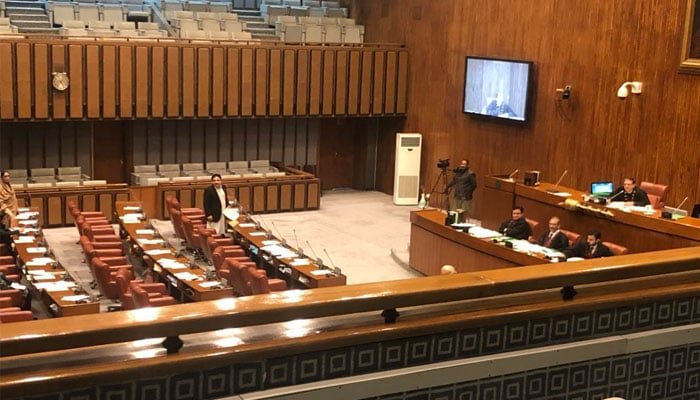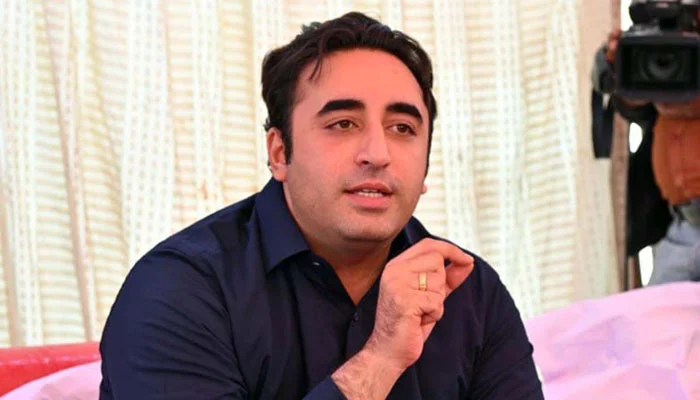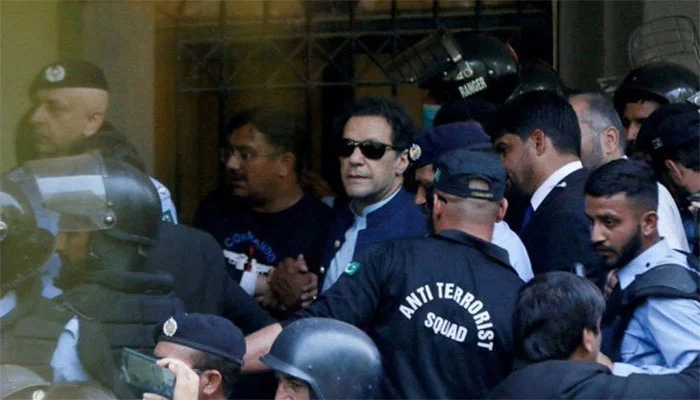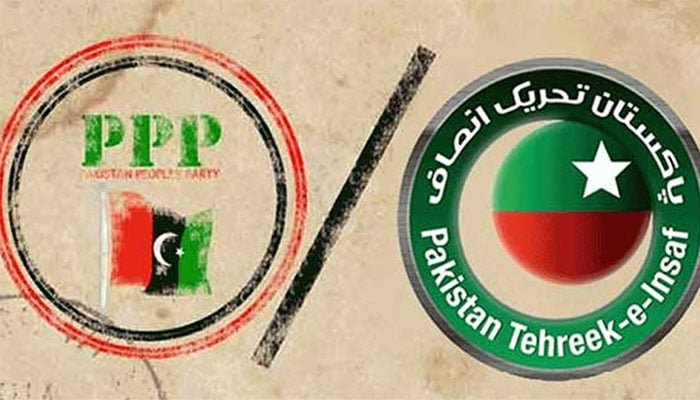In a bold display of protest, senators belonging to the Pakistan Tehreek-e-Insaf (PTI) and Sunni Etihad Council boycotted the election proceedings for the Chairman of the Senate. The decision to abstain from the election was motivated by concerns over the perceived unconstitutional nature of the process, underscoring the importance of upholding democratic principles and equitable representation within the Senate.
PTI Senator Ali Zafar articulated the rationale behind the boycott, expressing a desire to participate in the election while refusing to endorse what he deemed an unconstitutional procedure. Addressing the assembled members of the House, Senator Zafar emphasized the fundamental role of the Senate as an institution designed to represent the interests of all four provinces of Pakistan.
Central to Senator Zafar’s objection was the absence of representation from Khyber Pakhtunkhwa (KP) senators in the election proceedings, which he deemed a violation of the constitutional mandate outlined in Article 59. According to Senator Zafar, the election of the chairman and deputy chairman of the Senate cannot proceed without the inclusion of senators from all provinces, thereby rendering the ongoing process unconstitutional.
The assertion of Article 59 as a guiding principle for the conduct of Senate elections underscores the commitment to equitable representation and inclusivity within Pakistan’s legislative framework. By highlighting the constitutional imperative to ensure the participation of senators from all provinces, Senator Zafar and his colleagues sought to uphold the integrity of the electoral process and safeguard the democratic principles enshrined in the nation’s foundational documents.
The boycott staged by PTI senators and members of the Sunni Etihad Council serves as a powerful statement against perceived procedural irregularities and violations of constitutional norms. By abstaining from the election proceedings, these lawmakers signal their unwavering commitment to upholding the rule of law and preserving the integrity of Pakistan’s democratic institutions.
In the face of mounting concerns over the legitimacy of the election process, the boycott represents a principled stand against arbitrary exercises of power and a call for greater adherence to constitutional provisions governing Senate elections. Through their collective action, PTI senators and their allies send a clear message that adherence to constitutional norms and principles is paramount in ensuring the legitimacy and credibility of Pakistan’s legislative bodies.
As the nation grapples with the aftermath of the boycott and its implications for the future of Senate proceedings, the principled stance adopted by PTI senators underscores the enduring commitment to democratic values and constitutional governance. In the ongoing quest for transparency, accountability, and equitable representation, the boycott stands as a testament to the unwavering resolve of Pakistan’s lawmakers to uphold the principles of democracy and rule of law.



